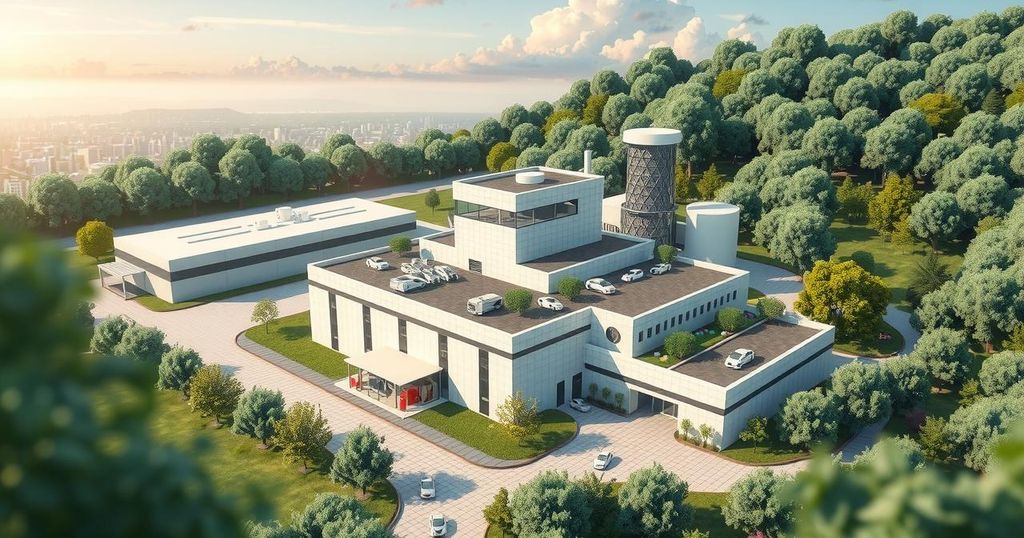Pharmacists in Nigeria cite inadequate infrastructure and high costs as impediments to local medicine manufacturing. Ayuba Ibrahim emphasized the more lucrative nature of importing drugs over manufacturing them locally. Government support is vital, as local players struggle to compete. The urgency to establish local vaccine production for diseases like malaria has been highlighted, as Nigeria bears a substantial burden from the disease.
Pharmacists in Nigeria have identified several reasons why the country has not yet become a hub for medicine manufacturing. Key among these is low investment and a lack of interest in local drug and vaccine production, as importing pharmaceuticals remains more lucrative for investors. Ayuba Ibrahim, the President of the Pharmaceutical Society of Nigeria, elaborated that establishing a drug manufacturing plant in Nigeria requires significant capital due to inadequate infrastructure, making local production a challenge.
Ibrahim highlighted the difficulties local manufacturers face when attempting to compete with importers, especially given the high operating costs stemming from issues like unstable electricity supply and insufficient water resources. Entrepreneurs must build their own utility systems, which drives up production costs. Consequently, locally manufactured drugs are often pricier than their imported counterparts, deterring investment in manufacturing facilities.
Ibrahim called on the government to foster a more supportive environment for local manufacturers, noting that the current state places them at a disadvantage. He urged the government to declare a pharmaceutical emergency and implement supportive policies. Such actions could enable Nigeria to produce essential medicines and vaccines, including those crucial for combating diseases like malaria, which continues to pose significant public health threats.
Muhammad Pate, the Coordinating Minister of Health and Social Welfare, represented by Godwin Ntadom, spoke about the essential role of vaccines in malaria elimination. He reiterated the Renewed Hope Agenda of the current administration, which not only aims to eradicate malaria but recognizes vaccines as integral to achieving this goal. Pate underscored the urgency for local vaccine manufacturing, given Nigeria’s significant share of malaria cases and fatalities.
The minister confirmed the Federal Ministry of Health’s intention to collaborate with the Ned Nwoko Foundation to develop a sustainable ecosystem for malaria vaccine production in Nigeria. He praised the foundation’s dedication to lowering childhood mortality rates through innovative approaches.
Ned Nwoko, the foundation’s founder and Senator representing Delta North, discussed malaria as a major health crisis in Africa, lamenting inadequate measures taken to alleviate it. He mentioned sponsoring legislation to establish an agency focused on malaria research and vaccine production, which would function under the Ministry of Health and secure increased funding from the presidency. Nwoko criticized the limited achievements of the existing presidential task force on malaria, calling for more substantive actions.
In conclusion, Nigeria’s aspiration to become a medicine manufacturing hub faces significant hurdles, primarily due to inadequate infrastructure and high operational costs. The pharmaceutical sector requires governmental support to thrive, including policies that stimulate local production and reduce reliance on imports. Collaboration between health agencies and foundations is crucial to address pressing health challenges like malaria, emphasizing the need for increased investment in local drug manufacturing and vaccine production.
Original Source: businessday.ng




